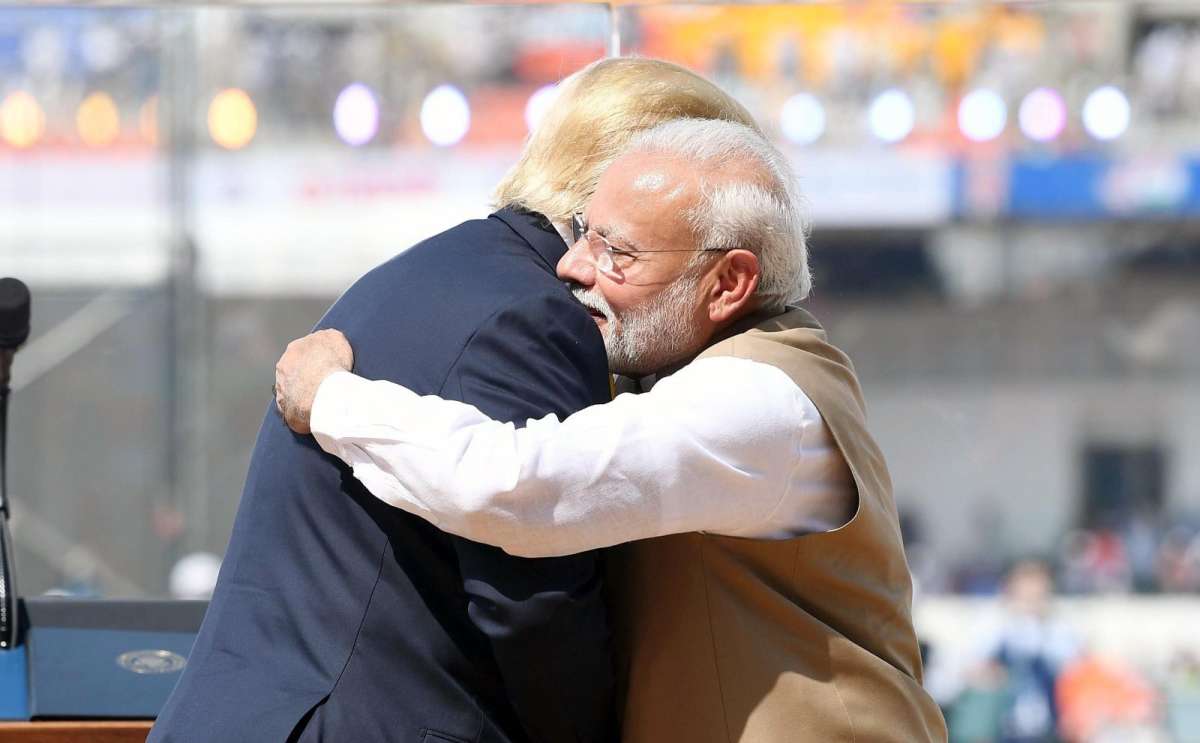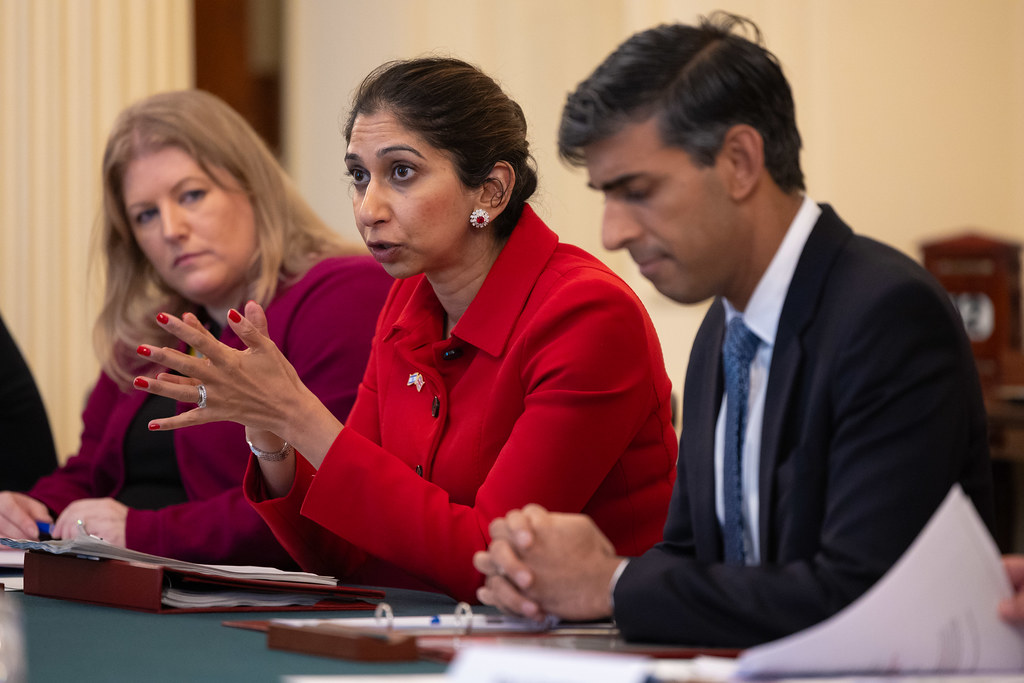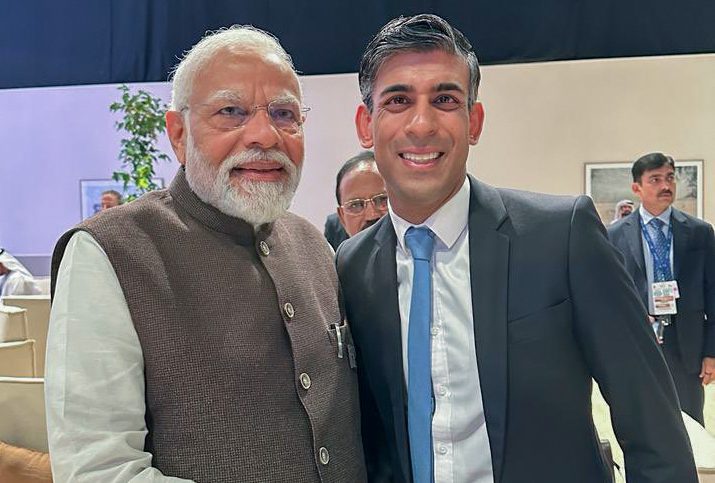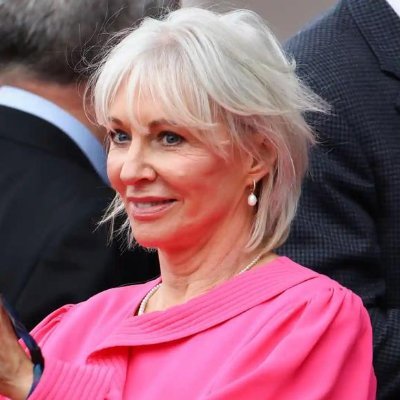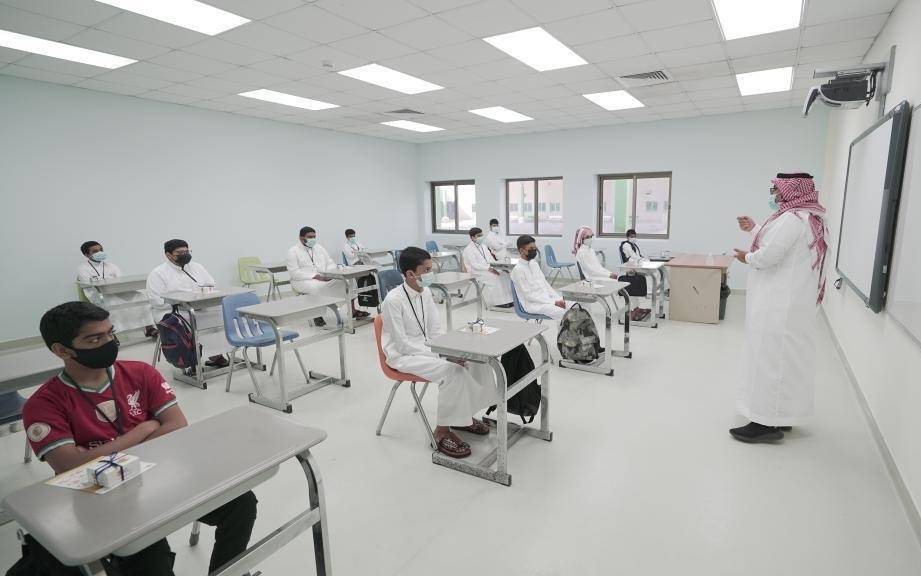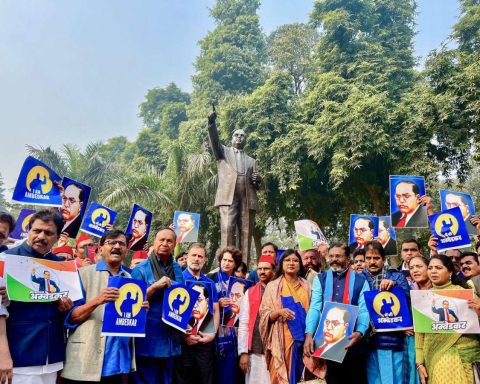Using patent protection as an example, the minister pointed out that the UK needs to remember that India has different needs from other countries…reports Asian Lite News
The free trade agreement (FTA) being negotiated with India won’t be a “free for all deal” but something that is good for both countries and not a particular sector, the UK government cautioned on Tuesday as a Diwali deadline set at the prime ministerial level for the pact approaches.
Secretary of State for International Trade Kemi Badenoch, who is in charge of the FTA negotiations under the Prime Liz Truss led government, was addressing concerns around access for the country’s services sector into the Indian market at the Conservative Party annual conference in Birmingham.
The senior Cabinet minister also indicated that the Diwali timeline set by former Prime Minister Boris Johnson was not “arbitrary” and could be met with further aspects covered beyond that deadline.
“We want something comprehensive, but it has to be right for both countries,” said Badenoch.
“The Prime Minister has a deadline, which the previous Prime Minister had. That was quite a long deadline, so it’s not arbitrary, it wasn’t set last week. But doing a trade deal is not a simple and easy thing. So, what we want to do is something that lifts both countries. It may not be everything the services sector wants, we may not get everything, we are not doing a unilateral, free-for-all deal,” she said.
“But just because we have a free trade agreement, doesn’t mean we can’t do even more later,” she added. Diwali falls on October 24 this year.
The minister, who is leading the final round of India-UK FTA negotiations on the British side, pointed out that the intention is to reduce barriers to trade bilaterally and balancing each side’s different requirements on product and market access.
“What we shouldn’t pretend is that we are doing a full universal liberalisation of every single thing that can possibly be done and create a single market and freedom of movement etc with India. That’s not what we are doing with every single trade deal, there is give and take,” she said.
“We talk about free trade agreement, but they are not universal, unilateral free trade. I think freer trade is probably a more accurate way of describing what we are doing on all these bilateral deals. I am optimistic that we will get a good deal. But sometimes there are lots of political things that need to be looked at in the round,” she noted.
Badenoch, who was participating in a panel discussion organised at the party conference by the Policy Exchange think tank entitled Trade and the Indo-Pacific, has been in charge at the UK’s Department of International Trade (DIT) since early last month and says she is keen to shift the discussion beyond trade deals to wider cooperation.
“I am not in a rush to sign trade deals. I want good deals with these countries. We need to make sure that every deal is great for the UK,” she said.
Using patent protection as an example, the minister pointed out that the UK needs to remember that India has different needs from other countries.
Aileen Keyes, Head of International Public Policy for Diageo, on the panel flagged lowering India’s 150 per cent tariffs on Scotch whisky as among the priority areas that would be a “real win-win” for both sides.
“It is something we will get from having a great deal with India,” Badenoch agreed.
She also agreed with Indian-origin entrepreneur, Lord Karan Bilimoria, that a comprehensive deal with India should cover security cooperation.
Commerce and industry minister Piyush Goyal said last month that negotiations for the proposed free trade agreement between India and the UK are progressing at a faster pace. The agreement is aimed at boosting bilateral trade and investments between the two countries.
India and the UK trade mostly in services which accounts for about 70 per cent of the overall trade. Both countries also aim to increase their bilateral trade to USD 100 billion by the end of this decade.
ALSO READ-Boris pledges £700 m to fund new N-plant

